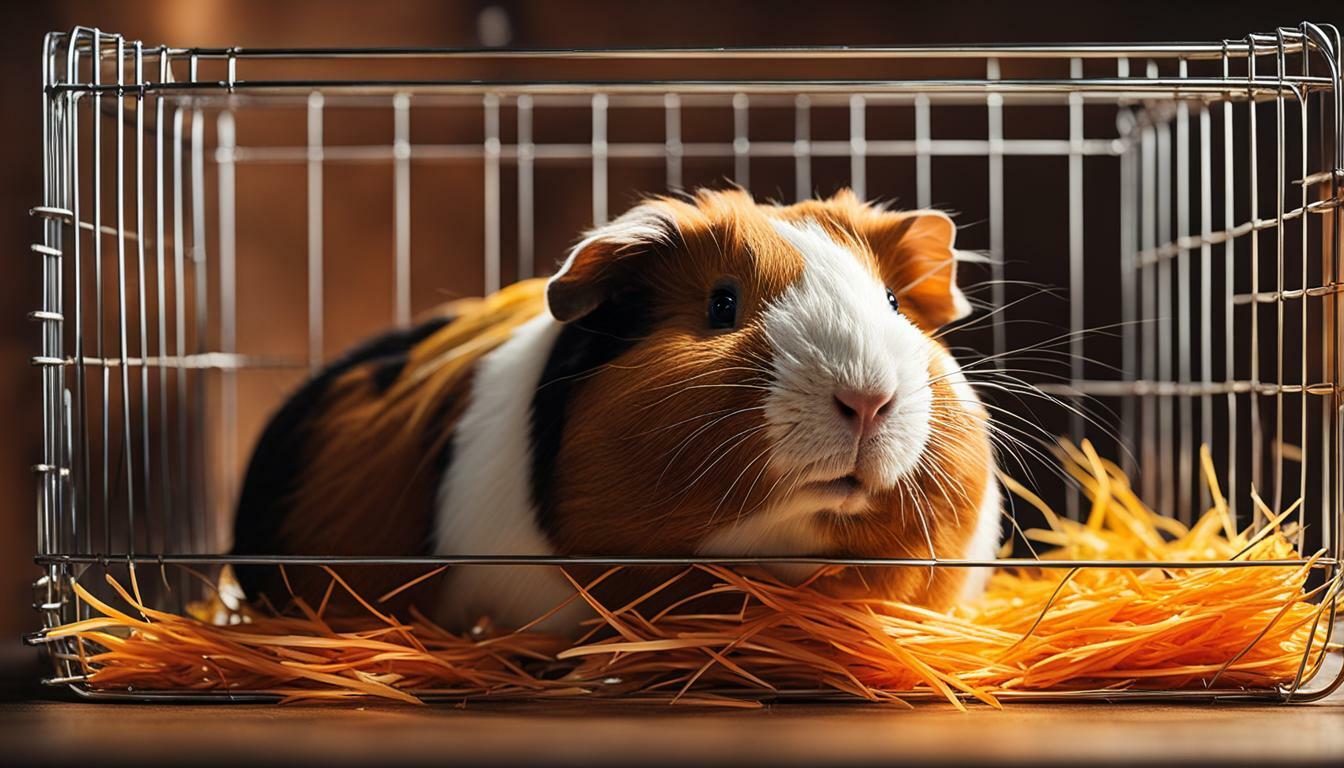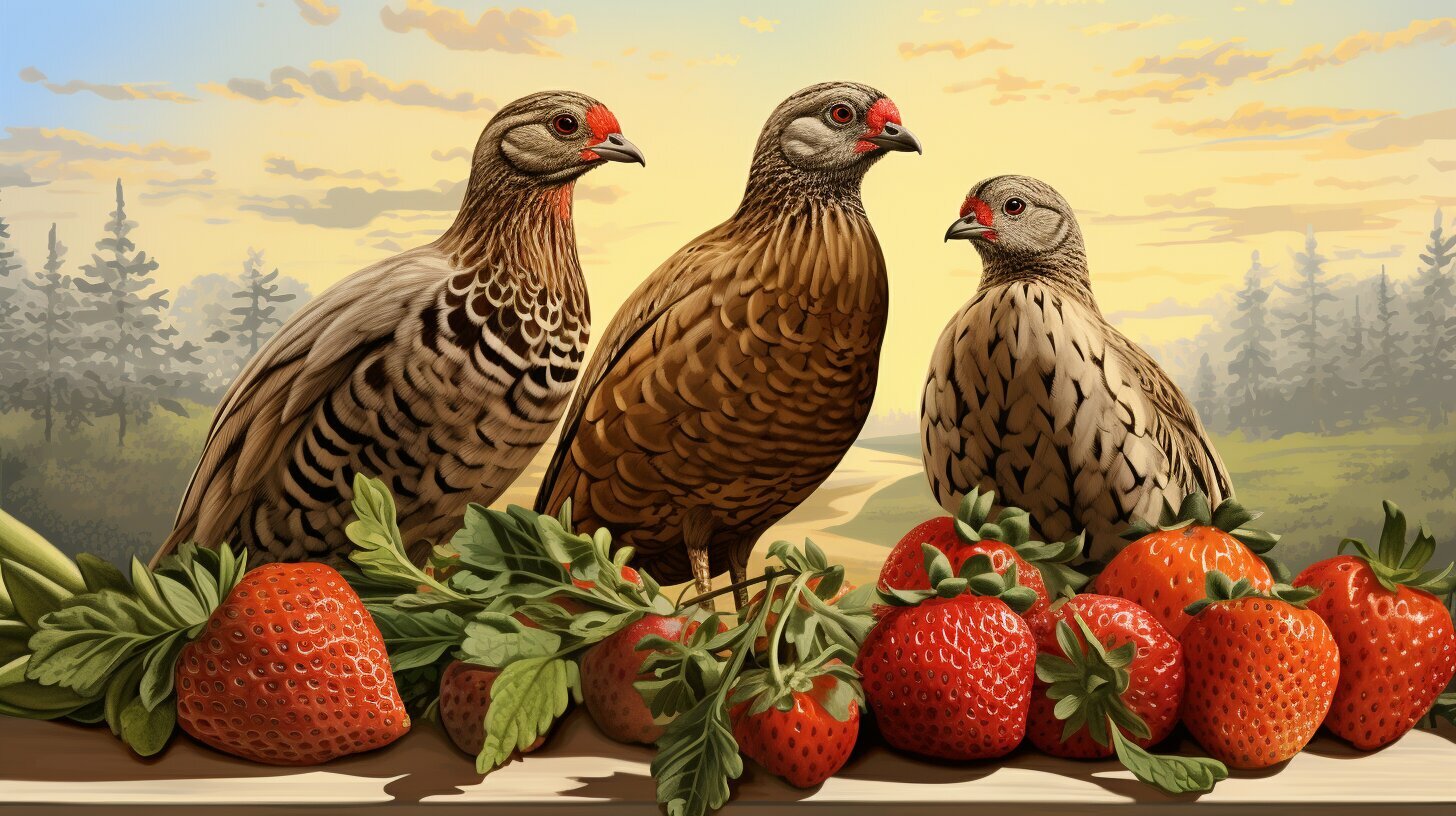How To Keep A Single Guinea Pig Happy

Table of content:
- What Size Cage Does A Guinea Pig Need?
- What Do Guinea Pigs Eat?
- How Often Do Guinea Pigs Need Their Cage Cleaned?
- Do Guinea Pigs Need A Friend?
- What Toys Do Guinea Pigs Like?
- How Much Space Does A Guinea Pig Need?
- Do Guinea Pigs Bite?
- What Vegetables Can Guinea Pigs Eat?
- How Long Do Guinea Pigs Live?
- Can Guinea Pigs Live Alone?
- Final Thoughts
Guinea pigs are social animals that do best when paired with another guinea pig. However, sometimes circumstances result in having just one guinea pig. With proper care and enrichment, a single guinea pig can still lead a happy, healthy life. This article will cover everything you need to know to keep a lone guinea pig content.
What Size Cage Does A Guinea Pig Need?
Guinea pigs are active and need ample space to run around. The recommended minimum cage size for one guinea pig is 7.5 square feet. The more room you can provide, the better. Look for cages with multiple levels and ramps to increase usable floor area. Ensure ramps have solid rails to prevent falls.
Cages should be made of sturdy wire with a plastic bottom. Wire flooring can cause injury to guinea pig’s delicate feet. Line the bottom of the cage with absorbent bedding or fleece liners. Avoid aquariums and cages with wire bottoms.
What Do Guinea Pigs Eat?
Guinea pigs are herbivores and eat a diet high in fiber. Their main food source should be unlimited timothy hay. It aids digestion and keeps teeth worn down.
Guinea pigs also need fortified pellets formulated for guinea pigs. Feed 1/8 cup per day to provide vitamins and minerals.
Provide a variety of vegetables and fruits high in vitamin C daily. Romaine lettuce, kale, peppers, and oranges are good choices. Introduce new foods slowly.
Use a heavy ceramic bowl that won’t tip over for pellets and vegetables. Use a hay rack to keep hay tidy. Refresh water daily in a nozzle water bottle.
How Often Do Guinea Pigs Need Their Cage Cleaned?
Guinea pigs are clean animals but do produce a lot of poop! Spot clean droppings and wet bedding daily. Fully clean and disinfect the cage weekly.
Use gentle, pet-safe disinfectants and rinse thoroughly. Remove guinea pigs before cleaning. Allow the cage to dry completely before returning guinea pigs.
Fleece liners only need replacement 2-3 times per week. Absorbent beddings like recycled paper or aspen shavings should be changed completely weekly.
Do Guinea Pigs Need A Friend?
Though social, guinea pigs can live alone. However, they are happier and more active when paired with a compatible friend. Same-sex pairs, either male-male or female-female work best.
Bonding two unfamiliar guinea pigs takes time and patience. Start by housing pigs side-by-side in separate cages. Allow them to gradually get used to each other’s presence and smells first.
Slowly introduce the pigs in a neutral space for short periods under supervision. Watch for normal curious behaviors versus signs of aggression like teeth chattering, raised fur, or fighting.
Once bonded, guinea pigs may groom, sleep, and play together. A friend provides social enrichment, reducing stress and boredom. Adopting a pair helps ensure your pig always has companionship.
What Toys Do Guinea Pigs Like?
Toys help fight boredom and encourage natural behaviors in single guinea pigs. Offer a variety of options to keep your pig engaged.
Hideouts – Boxes, logs, and tunnels allow guinea pigs to fulfill their instinct to hide.
Chew toys – Unpainted willow balls and sticks safely satisfy chewing urges.
Tunnels – Crawl through plastic and cardboard tubes for exercise.
Ramps and ledges – Climbing ramps and lounging on ledges provide physical and mental stimulation.
Rotate toys weekly to keep things interesting. Check toys for safety and remove damaged items.
How Much Space Does A Guinea Pig Need?
Guinea pigs are active and require lots of room to thrive. The bare minimum cage size for one guinea pig is 7.5 square feet. However, the biggest cage possible is best.
Look for multi-level cages connected by ramps. This increases usable space for exercise and play. Ensure ramps have high walls to prevent falls.
Guinea pigs also need exercise time in a secure playpen or guinea pig-proofed room each day. Aim for at least one hour of playtime daily. Supervise floor time as guinea pigs are excellent chewers!
More space reduces boredom and stress for solitary guinea pigs. Ample room to roam and play is key to a happy piggy!
Do Guinea Pigs Bite?
Guinea pigs generally have a friendly, gentle temperament. However, nips and bites can happen, usually out of fear.
New guinea pigs may nibble fingers and limbs to test if you are food. Say “no” firmly and redirect chewing to a toy to discourage biting.
Sudden bites often indicate fear. Avoid reaching down over your pig as this can seem predatory. Let them approach you first and offer treats to build trust.
Biting accompanied by rumbling sounds is a sign of aggression. Give your guinea pig space until they calm down. Check for pain, illness, or cage issues if aggression persists.
With time and patience, most guinea pigs learn not to break skin when nipping or biting.
What Vegetables Can Guinea Pigs Eat?
Fresh vegetables provide important vitamins, minerals, and fiber. Introduce new veggies slowly. Feed a variety of greens and limit sugary vegetables.
Leafy greens – Romaine, red/green leaf, cilantro, kale. Provides vitamin C and calcium.
Root veggies – Carrots, radishes, parsnips. Offer in moderation due to higher sugar content.
Peppers – Red, green, yellow bell peppers. Excellent vitamin C source.
Others – Cucumbers, zucchini, broccoli, cauliflower, tomatoes. Provide variety and interest.
Avoid potatoes, onions, garlic, beans, and high oxalate greens like spinach. Introduce one new veggie per week. Wash all produce thoroughly before feeding.
How Long Do Guinea Pigs Live?
With proper care, guinea pigs live 5-7 years on average. Some may reach 8-10 years.
Factors impacting lifespan include diet, cage size, enrichment, vet care, genetics, and more. Support your guinea pig’s long-term health by providing:
- Spacious cage with hiding spots
- Daily exercise and playtime
- Unlimited timothy hay
- Fresh vegetables and limited pellets
- Annual exams with an exotic vet
- Proper handling and socialization
- Mental stimulation through toys, interaction, and a friend if possible
With a healthy lifestyle, your guinea pig can thrive and live a long, happy life as your companion. Be prepared for a commitment of 5+ years when adopting a guinea pig.
Can Guinea Pigs Live Alone?
Though extremely social, guinea pigs can live alone if needed. However, they thrive when paired with another guinea pig.
To keep a single guinea pig happy:
- Provide the largest possible cage to reduce stress and boredom.
- Give at least one hour of playtime daily in a secure pen.
- Offer a variety of toys changed out weekly to prevent boredom.
- Feed a diverse diet of hay, pellets, and vegetables to optimize health.
- Schedule annual checkups with an exotic vet.
- Spend time each day socializing and interacting with your pig through feeding, grooming, and lap time.
- Consider eventually adopting a second piggie for companionship. Properly introduce a new cagemate.
While not ideal, a single guinea pig can live a long, fulfilled life with attentive, dedicated care and enrichment from their human companion. Rehoming a lonely guinea pig with a new friend is also an option if you cannot commit to adopting another long-term.
Final Thoughts
Guinea pigs are loving, social pets that light up our lives. Though they are happiest paired with a buddy, you can ensure a lone guinea pig lives their best possible life through attentive care. Provide ample space, enrichment, playtime, proper nutrition, and veterinary care. Bond closely with your pig through frequent handling and interaction. Keeping a single guinea pig happy and healthy takes commitment but is very rewarding!
Welcome. I’m Adreena Shanum, the proud owner of this website, and I am incredibly passionate about animals, especially poultry. I founded adreenapets.com as a labor of love, stemming from my desire to share my knowledge and experiences with poultry enthusiasts worldwide.




